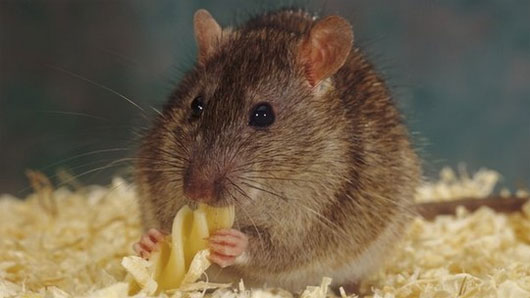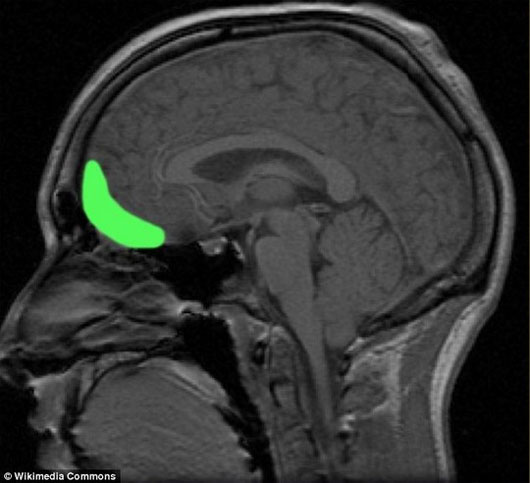The mouse knows how to regret the wrong decision
Recent experiments by US scientists at the University of Minnesota show that mice are regretful of misbehavior causing them to miss the opportunity to get better food.
To perform the experiment, scientists invented a game called 'restaurant chain' , where the mice decided to wait or not wait for different foods to appear at the four transparent doors. 60 minutes.
'This is like queuing up at restaurants. If you line up in a Chinese restaurant for too long, you can give up and go to the Indian restaurant chain , 'said Professor David Redish of the research team.

Mice know to regret having ignored good food.(Photo: BBC)
The 'restaurants' distribute a variety of foods with different flavors and when a mouse comes close, a sound will sound as the time it takes to wait to eat your favorite food. Sometimes mice don't wait patiently and move to other doors, it will face worse choices and scientists call this situation a regret.
In this case, the mice often stopped and looked towards the food they missed.
The consequence of regret is also expressed in the next choice of the mouse, for example they decide to wait longer in the next area and rush to eat that delicious food. Scientists say such acts are a sign of regret .
When the experiment was performed on mice that waited patiently but still encountered bad results, these regrets did not occur. Scientists also found an area on the cerebral cortex called orbitofrontal - active when people regret it - that lit up when mice looked back at the good food parts that should have belonged to them.

The cerebral cortex lights up when people feel sorry
Professor David Redish said that distinguishing between regret and disappointment in animals is very important. The professor said: "Regretfully admitting you did the wrong thing and if you did it differently, you had a better result. Disappointing only appears when things are not as good as we expected, because of the error. objective".
Dr. Mark Walton, from Oxford University (UK), read the study and commented that this finding shows a high degree of cognitive ability in mice, and he also praised the team's experiment.
The experiment, published in Nature Neuroscience, is the first to show that animals also have the ability to regret - an ancient emotional supply that is only available in humans.
- Regret the past will destroy health
- What's new is the way to hold the mouse correctly, making your hands not tired and sore
- Monkey also knows 'regret'
- Things you often regret when old age comes
- What is the dying person most regretful?
- The user's emotional intelligence system through the use of mouse
- 5 most regretful thing of dying people
- Decision making can be an unconscious activity
- Mouse Master: Adjust mouse speed
- Handy computer mouse for both hands
- Computer mouse flying?
- The mouse encounters a poisonous scorpion in a war that takes a while
 Animal 'suffering' after hibernation
Animal 'suffering' after hibernation Why do goats climb well?
Why do goats climb well? Scientists were surprised to see chimpanzees eating turtles
Scientists were surprised to see chimpanzees eating turtles Giant catfish died deadly due to drought in Thailand
Giant catfish died deadly due to drought in Thailand